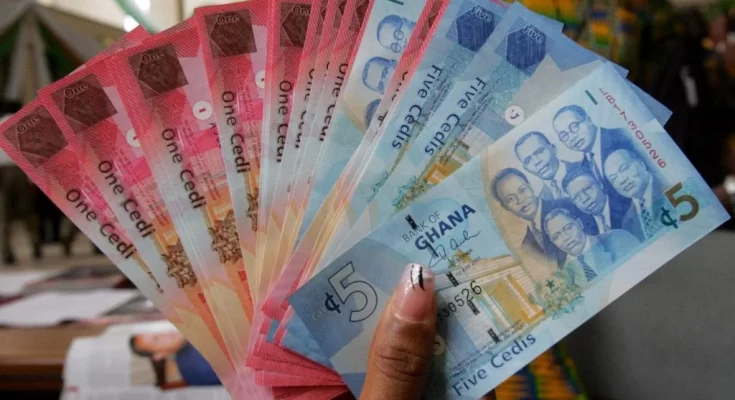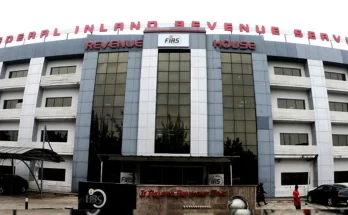The Ghanaian Government is looking at increasing revenue generation through E-VAT Bill
Ghana E-VAT has been projected by the Ghanaian Government at the Centre to rake a whooping sum of GH¢750 million into the country’s coffers. This projection is coming after the recent passage of the Value Added Tax Amendment Bill.
The bill introduced the E-VAT policy which also doubles as the e-levy that since May 2022 generated a lot of controversies among Ghanaians with some supporting its introduction as an avenue for the government to improve revenue while other has rejected it, calling it a move not sensitive to the current economic woes of Ghanaians.
class="wp-block-heading">Ghana E-VAT: About the Tax
This legislative piece is a tax measure that aims at optimizing the reach of existing tax laws that bothers on activities centred around electronic commerce. It goes further to provide for the electronic issuance of tax invoices.
Other innovations proposed for the E-VAT include the upfront payment of the Value Added Tax by an importer who is not registered and the zero-rating of the supply of locally assembled vehicles.
Africataxreview.com also gathered from national publications by experts that the primary aim of the bill is to enhance the compliance of VAT remittance and other taxes by ensuring that the issues of inequalities are adequately addressed.
From a recent statement from the Ghana Revenue Authority, all hands are on deck to ensure that all necessary arrangements are in place to take into consideration the new amendment as warm up to the final October 1st implementation of the electronic collection as stipulated by the amended Value Added Tax Act 870.
Recall that the highlight of the May Day celebration in Ghana was the commencement of the controversial electronic transfer levy popularly known as e-levy that charges 1.5% on any transaction on Mobile Money platforms which is most prevalent in the country.
With revenue generation in mind, it is worthy of note to state that at the time of introducing the e-levy, the government had projected the sum of $1.6 billion.
However, following its slow start and viral resistance, the government had recently reviewed its expectation of a reduced GH¢611 million.
On the flip side, for the Value Added Tax (VAT), the expected revenue now stand at GH¢15,402,925,770 which is an upward readjustment from the initial GH¢14,534,864,446 projected.




